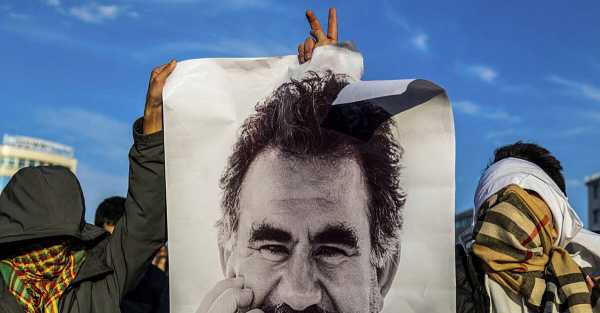
The Kurdish armed organization has made an important decision to disband and disarm itself as part of a new peace initiative with Turkey after forty years of armed conflict.
The decision by the Kurdistan Workers’ Party, also known as the PKK, was reported by the Firat news agency, which is linked to the group.
The event came just days after the PKK held a party congress in northern Iraq.
In February, the group’s leader, Abdullah Ocalan, who has been imprisoned on an island off Istanbul since 1999, called on his supporters to hold a congress and formally decide on self-dissolution, which would be a major step toward ending the decades-long conflict that has claimed tens of thousands of lives since the 1980s.
On March 1, the PKK declared a unilateral ceasefire, but put forward a number of conditions, including the creation of a legal basis for peace talks.
The PKK is listed as a terrorist organization by Turkey and its Western allies.
Sourse: breakingnews.ie